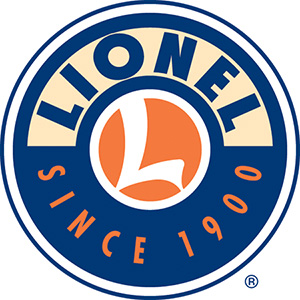P.C.,
The portion of my post that you cloned, above, left out something important that I had put in the post for that very reason. See my very last sentence:
Mike
Your last sentence about asking for the perspective of an intellectual property attorney is the only part of your post I quoted.
Indeed I am an intellectual property attorney. But the last time I attempted to provide some accurate information on the risk of copyright infringement, it seemed to prompt a call to the moderators and my post was deleted. That makes me a little reluctant to wade back in....
But in any case, your take is pretty much correct. Patents are unlikely to be an issue, because of the age of the TMCC system. The program code embedded in the TMCC boards is copyrighted and will remain so until well after we're all dead. That means any reproduction of the program code would be copyright infringement.
Reverse-engineering the functions the R2LC and creating new code would probably not constitute reproducing or making a derivative work of the copyrighted code, and would therefore not be an act of infringement. Even if it were, then use to create a R2LC equivalent would almost certainly be deemed fair use, as would creating new products based on the published TMCC command protocol. Even some reproduction of the copyrighted code might qualify as fair use, depending on the purpose and circumstances.
But if you're the type that doesn't want to ever risk a threatening letter from the copyright holder, then your actual legal rights don't matter at all and you shouldn't do anything without permission from Lionel. There's nothing on the planet that can stop someone from making a frivolous allegation of copyright infringement against you, even if it would be laughed out of court in seconds.





